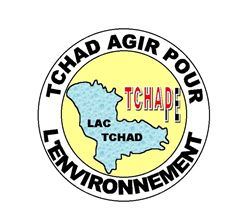Fighting desertification
We are a non-profit NGO called "Chad Act for the environment" (TCHAPE), based in Geneva.

Overview of the project
Our work focuses on the creation of autonomous wells (solar-powered pumps) in desert areas where nomadic populations live. A well is a source of life, helping to :
- stabilise these nomadic populations
- provide the means for reforestation (participation in the Great Green Wall project)
- create schools to integrate young girls who are currently doing supply work or farming
- provide healthcare for this population (promoting vaccinations and care as close to the population as possible)
- prevent mass emigration, currently towards Lake Chad and the borders of neighbouring countries
- redevelop a self-sufficient local economy
- achieve at least 15 of the 17 Sustainable Development Goals set by the UN.
Contribute to the Great Green Wall by providing wells and planting vegetation in desert areas to stabilise not only the sand, but also the local populations by providing them with everything they need to live locally (agriculture, livestock, food, schools, healthcare, etc.).
Ongoing research
Project still in progress
- Creation or redevelopment of wells (10 wells)
- Tree planting
- Raising public awareness (local agency)
- Creating or repairing wells in Chad
- Raising awareness of the UN’s sustainable development objectives
- Helping to educate children, particularly girls
- Creating income-generating activities for nomadic populations
Personal and corporate shareholdings.
organisation
We are a non-profit NGO called ” Chad Act for the environment” (TCHAPE), based in Geneva. We have been granted special consultative status by the United Nations Economic and Social Council and the Global Environment Facility (GEF). In Chad: our main objective is to reforest the shores of Lake Chad, promote solar energy, train a pilot team on site and raise awareness among the local population of the consequences of desertification, collaborate with local village chiefs to enable the implementation and monitoring of our reforestation projects in the field. To achieve this, we need to work with the local population on an ongoing basis to find shared solutions to major environmental issues.
